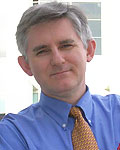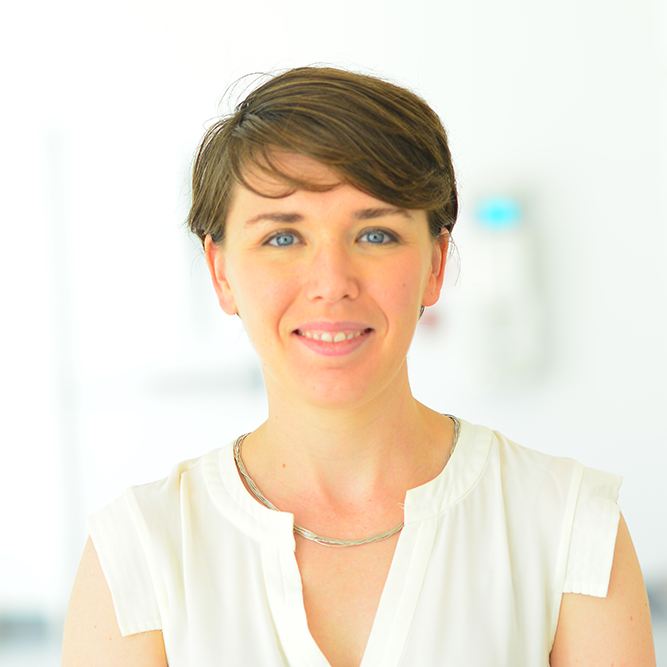News Story
O'Shea Elected Fellow of AAAS

Pat O'Shea, chair of electrical and computer engineering
The AAAS is the world's largest general scientific society and is an international non-profit organization dedicated to advancing science and serving society around the world. AAAS was founded in 1848, and serves some 262 affiliated societies and academies of science, and 10 million individuals. The journal Science has the largest paid circulation of any peer-reviewed general science journal in the world, with an estimated total readership of one million.
In the announcement, AAAS cites O'Shea for "development of technologies for high-brightness electron beams and free-electron lasers." AAAS will honor Prof. O'Shea and the other new fellows at its annual meeting on Feb. 16, 2008 in Boston.
"Professor O'Shea's work on electromagnetics and beam technologies has had a major impact on the development of modern particle accelerators, of benefit in applications ranging from cancer therapy to explorations in high-energy physics," said Herb Rabin, interim dean of the Clark School of Engineering. "Professor O'Shea's leadership is recognized both internationally and here at Maryland, where he is actively involved not only in cutting-edge research but in educating our up-and-coming engineers and serving as chair of our largest department."
O'Shea is the Director of the University of Maryland Electron Ring and Free Electron Laser projects, and is leading a multi-disciplinary research team to develop charged particle beam technologies.
O'Shea is also a fellow of the American Physical Society (APS) and the Institute for Electrical and Electronic Engineers (IEEE). He is the former Director of the Institute for Research in Electronics and Applied Physics.
Published October 29, 2007









